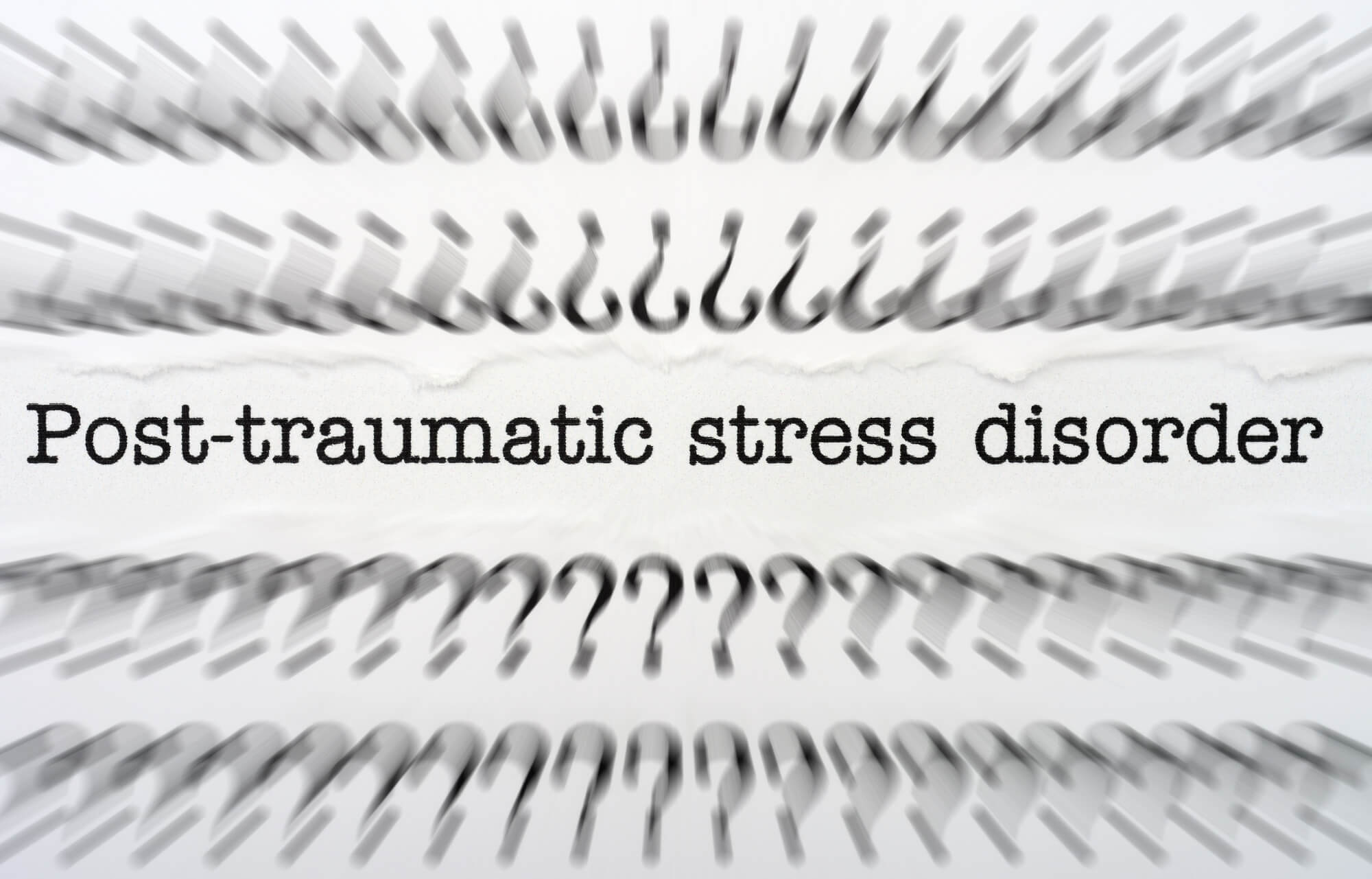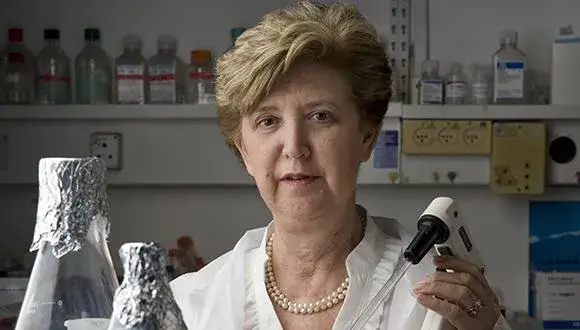As part of the study, the researchers characterized the psychological, social and medical condition of approximately 200 veterans and at the same time collected saliva samples from them. The research findings show that all those soldiers who suffered from post-traumatic stress disorder have a typical picture of bacteria in their saliva. A third of them were not diagnosed

A scientific breakthrough by the universities of Tel Aviv and Haifa may allow, through saliva samples, a quick, objective and accurate diagnosis of people suffering from post-traumatic stress disorder (PTSD). As part of the study, the researchers characterized the psychological, social and medical condition of approximately 200 veterans and at the same time collected saliva samples from them.
The research findings point to a typical picture of bacteria in saliva that appears in veterans who suffered from combat reactions (as a result of the First Lebanon War), and who now suffer from post-traumatic stress disorder
According to the researchers, the results of the study may help in the future to accurately and objectively diagnose those suffering from post-traumatic stress disorder and to develop medicines related to the microbiota (an ecological community of microorganisms found inside the body).
The study was published in the prestigious journal MOLECULAR PSYCHIATRY from NATURE.
The research was conducted under the leadership of Prof. Ilana Gozes and with the collaboration of Prof. Noam Shomron, Dr. Shlomo Sergovich, and doctoral student Guy Shapira from the Sackler Faculty of Medicine, Prof. Zehava Solomon, the Gershon Gordon Faculty of Social Sciences at Tel Aviv University, and Prof. Avraham Sagi-Shurtz and PhD student Ella Levert-Levitt, Child Development Research Center, School of Psychological Sciences, University of Haifa. The participants in the study are part of an extensive study by Prof. Zehava Solomon who studied over four decades the functioning of a group of veterans at various levels.
Also, the research was conducted with the support of the IDF Health Department - Colonel Dr. Ariel Ben Yehuda, former head of the health department in the IDF Medical Corps. Currently director of a department at the Shalvata Mental Health Medical Center, General Health Services, in collaboration with the Sarita Hospital in Berlin and the bacteria research experts Dr. Marcus Heimst and Prof. Stephan Barswell and with the University of Hong Kong which deals with the effects of air pollution (Professors Victor Lee and Jacqueline Lam) .
As part of the study, the researchers examined a unique group of approximately 200 Israeli military veterans who participated in the 1982 Lebanon War. The test included various psychological aspects including sleep, appetite disorders, feelings of guilt, suicidal thoughts, social and marital support, hostility, life satisfaction as well as questions dealing with demographics, psychopathology, well-being, health and education.

In the next step, the researchers from Tel Aviv and Haifa universities compared the results of the microbiota distribution of the participants to the psychological outcome measures as well as to the answers received in the well-being questionnaires, and discovered that people with PTSD and high psychopathological indices are characterized by the same salivary picture of bacteria (a unique oral microbiota signature). According to the researchers, the importance of the study is that now, for the first time, it will be possible to diagnose post-traumatic stress disorder using objective indicators and not just behavioral ones. It is interesting to add that air pollution showed a match in the salivary bacteria picture for PTSD and years of education showed a protective effect and an opposite picture of the salivary bacteria picture.
Prof. Ilana Gozes: "To the best of our knowledge, this is the first description of a salivary microbiome signature among veterans with PTSD. To our surprise, it turned out that about a third of the participants in the study who suffered from PTSD were never diagnosed as suffering from post-traumatic stress disorder and therefore did not receive any recognition from the Ministry of Defense and the competent authorities.
It is important to note that so far diagnosis of post-traumatic stress disorder has been made through psychological and psychiatric measurements only. Thanks to the research, it will be possible to characterize PTSD sufferers with objective molecular biological markers while taking into account environmental effects. We hope that through the new discovery and the signatures of the bacteria described in the study, it will be possible to help facilitate the diagnosis of those soldiers as having post-traumatic stress disorder and, accordingly, allow them appropriate treatment."
More of the topic in Hayadan:

3 תגובות
Looks like what is called in English over-fit
A kind of rape of the data, so that its presentation will show a certain conclusion. How many types of bacteria were tested? How many of the types showed any correlation? Given enough types of bacteria and few patients, it is possible to select a subgroup that will show a correlation with any selected size/syndrome... everything from the size of the shoe, to the first letter of the name of the maternal grandfather
More important than checking veterans is checking recruits. Those people who come to the army with the bacterial picture identified as compatible with post-trauma will not be placed in places that increase stress even if they volunteer for it. This will save the IDF and the country millions in rehabilitation and compensation money and will raise the quality of the combat units.
The link to the article is incorrect. It leads to research on the new molecule of Prof. Sachi Fainero.